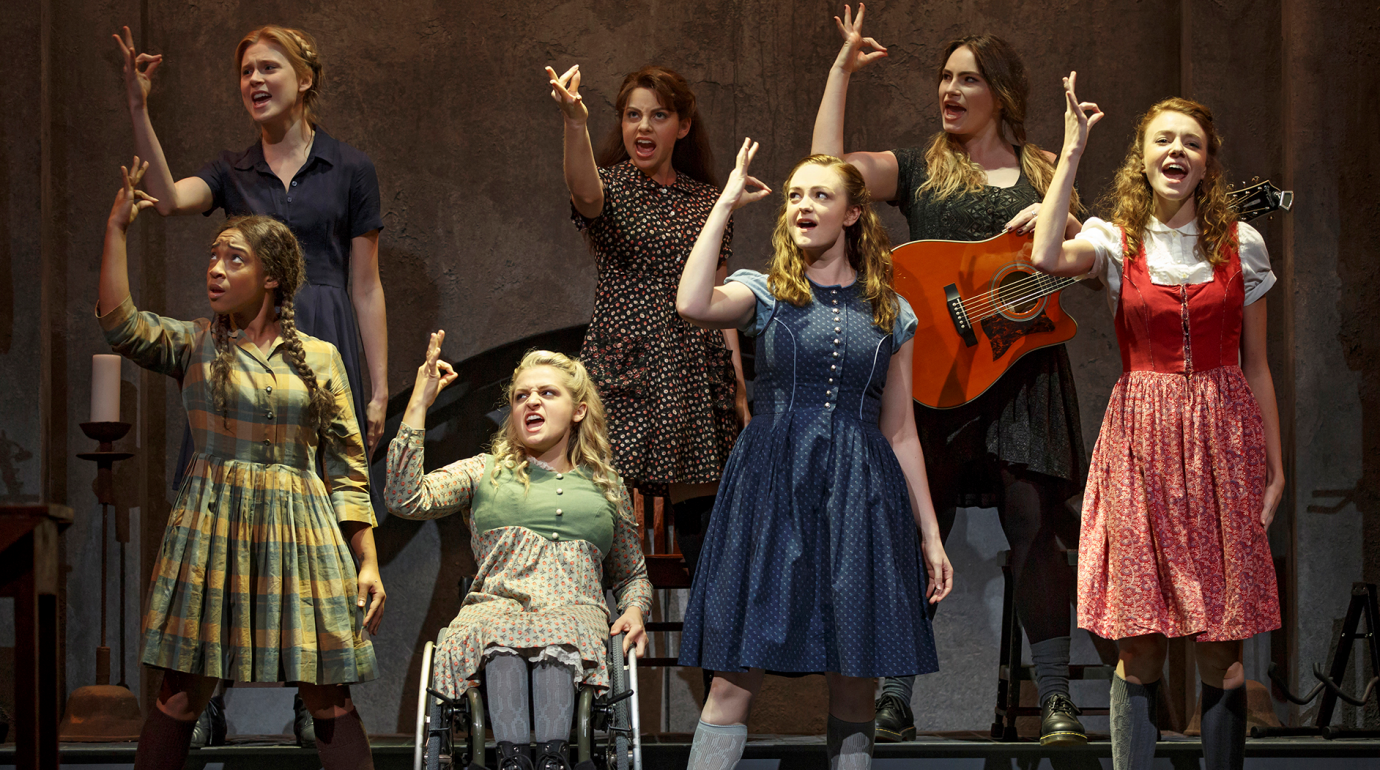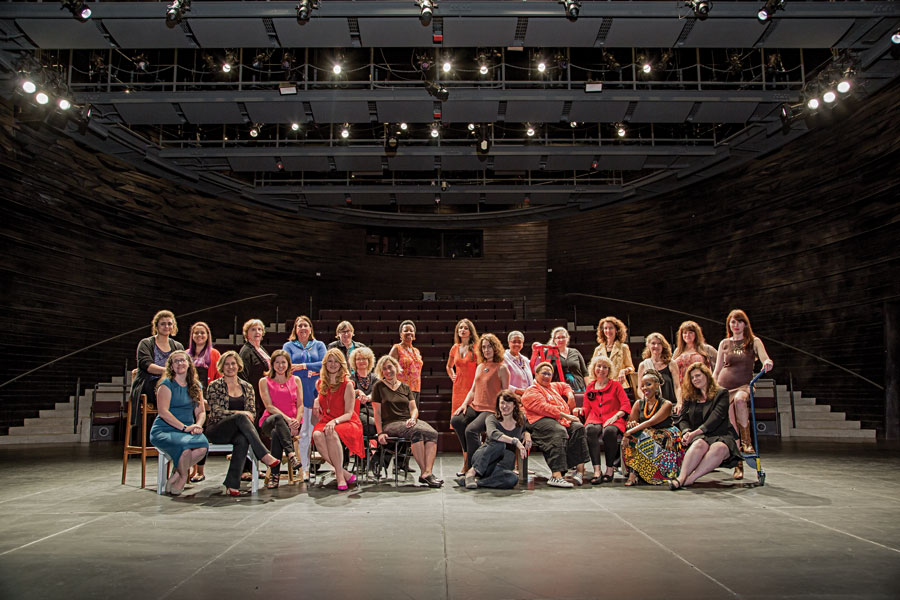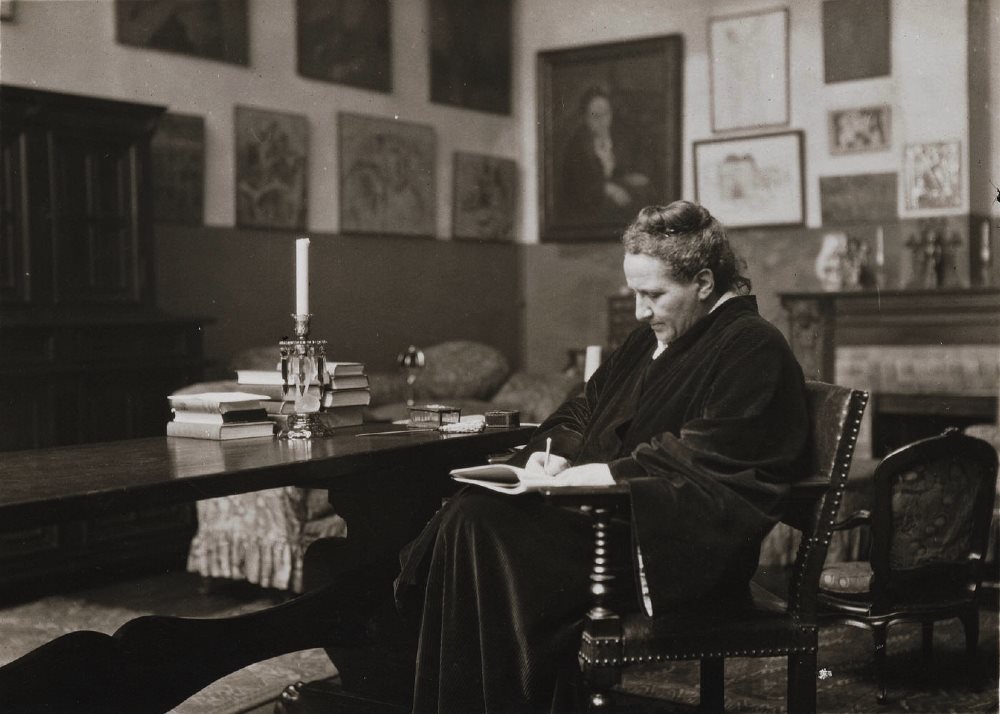Here are a few posts from last week's Greenpage that might be worth your time...
Jam Productions vs. stagehands
www.wbez.org: Local concert promoters Jam Productions, one of the few remaining major independent music bookers in the U.S., are in the midst of what’s shaping up to be a nasty fight with stagehands who are seeking to unionize.
A photo of a flier outlining the stagehands’ gripes has gone viral on the local music scene via social media. “When Jam Productions owner Jerry Mickelson heard his stagehands wanted an election so they could vote on whether to be represented by Stagehands Local 2, he fired each and every one of us at the Riviera,” it reads. “It’s not his choice—it’s ours! You have a choice, too—don’t patronize the Riviera, Vic, or Park West until Jam hires us back!”
Members of Actors’ Equity file lawsuit against their Union
Footlights: Actors and other members of the Los Angeles theatrical community (Ed Asner, Tom Bower, Gregg Daniel, John Flynn, Maria Gobetti, Gary Grossman, Ed Harris, Salome Jens, Veralyn Jones, Karen Kondazian, Simon Levy, Amy Madigan, Tom Ormeny, Lawrence Pressman, Michael Shepperd, Joseph Stern, French Stewart, and Vanessa Stewart) filed a lawsuit today against Actors’ Equity Association, the union of professional actors and stage managers and Mary McColl, AEA Executive Director. The lawsuit challenges the Union’s decision to eliminate its 25-year-old waiver of jurisdiction over small 99-seat theaters, a program popularly known as Equity Waiver. Plaintiffs claim that the Union’s decision to end Equity Waiver will unfairly destroy small theater in Los Angeles and deprive thousands of actors of opportunities to collaborate on creative theatrical projects.
Actors' Equity Association Statement on the Minimum Wage Lawsuit
m.facebook.com/ActorsEquity: After dedicating months of staff time, conducting surveys and membership meetings--and considering the results of the advisory referendum, which prompted AEA's Council to carve out even more exemptions to its original proposals--the governing body created a system that would allow for some members to be paid minimum wage for rehearsals and performances, while those who chose to would still be able to volunteer their time to a) self-produce, b) perform with membership companies under the new internal membership rules, and c) appear in 50-seat showcases.
Ali Stroker Is Checking Off Her List, One Dream at a Time
AMERICAN THEATRE: Ali Stroker doesn’t let anything get in the way of her dreams. She has used a wheelchair since an accident left her paralyzed from the chest down when she was two years old. Her vibrant personality and singing voice led her to the stage, where she has been performing professionally since she was 11. Ali is a graduate of the NYU Tisch School of the Arts with a BFA in drama. After attending an open casting call, Stroker became a finalist on the second season of “The Glee Project” and landed a role on the show. Now she is making her Broadway debut in Spring Awakening as the first person on record who uses a wheelchair to be cast on the Great White.
The Carnegies get ready to rumble in a cultural clash
Pittsburgh Post-Gazette: Do you have a favorite item or exhibit in the Carnegie Museums? Dippy the dinosaur, perhaps? Or the Miniature Railroad & Village train exhibit?
Beginning Monday, the Carnegie Museums of Pittsburgh will be celebrating its 120th anniversary with Clash of the Carnegies. This bloodless bout will pit the four Carnegie Museums — The Andy Warhol Museum, the Carnegie Science Center, the Carnegie Museum of Natural History and the Carnegie Museum of Art — against each other.












